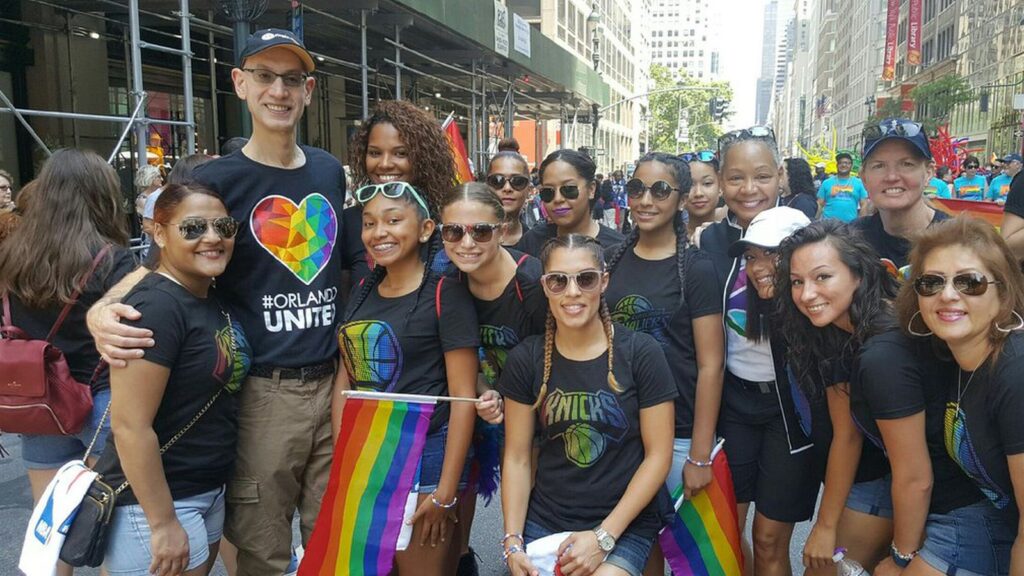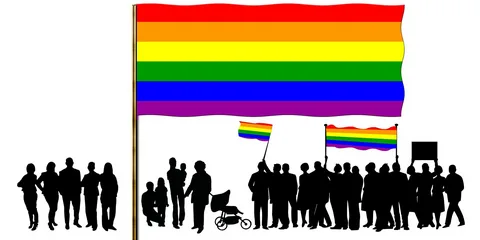
Introduction

What does it truly mean to be part of the LGBTQ community? In this exploration, we delve into the multifaceted experiences that define this vibrant collective. Whether you are a member or an ally, understanding these perspectives can enrich your view and appreciation of the community’s rich tapestry.
1. Identity and Belonging
Belonging to the LGBTQ community is akin to finding a haven where one can truly express their inner self without fear. It’s about discovering a “family” that understands the journey of self-acceptance and the courage it takes to live one’s truth.
2. History of the LGBTQ Movement
The history of the LGBTQ community is a powerful saga of struggle and triumph. From the Stonewall riots to modern-day advocacy, each chapter adds depth to the community’s collective memory and resilience.
3. Challenges Faced by LGBTQ Individuals
Despite progress, many LGBTQ individuals still face discrimination and exclusion. Understanding these challenges is crucial for fostering empathy and advocating for equitable treatment.
4. The Importance of Support Systems
Support systems within the LGBTQ community are lifelines, providing emotional and practical support that is often lacking elsewhere. These networks empower individuals to thrive despite adversities.
5. Representation in Media
Media representation shapes societal attitudes. Positive and accurate portrayals can significantly enhance the community’s visibility and acceptance.
6. Legal Rights and Advocacy
The fight for legal rights remains at the forefront of the LGBTQ agenda. Advocacy efforts continue to focus on achieving equality in all spheres of life.
7. LGBTQ Youth and Education
Educational environments are critical battlegrounds for LGBTQ rights, where young individuals often face their hardest battles against prejudice.
8. Intersectionality Within the Community
The LGBTQ community is incredibly diverse, encompassing a wide range of identities and experiences. Recognizing this intersectionality is key to understanding the full spectrum of community challenges and triumphs.
9. Celebrating Pride
Pride is more than a parade; it’s a vibrant celebration of love, diversity, and resistance against oppression. It’s a time when the community shines brightly, drawing strength from unity.
10. Romantic Fiction and LGBTQ Narratives
Romantic fiction serves as a mirror to the desires and conflicts faced by LGBTQ individuals, offering both a form of escapism and a tool for social change.
11. The Impact of Community Support
Community support not only bolsters individuals but also fosters a stronger, more resilient community that can face challenges with collective strength.
12. Transgender Experiences in the LGBTQ Community
Transgender individuals often navigate unique challenges within the community, highlighting the need for specific support and understanding.
13. Mental Health in the LGBTQ Community
Mental health remains a critical issue, as LGBTQ individuals often encounter increased psychological stress due to societal pressures and discrimination.
14. The Role of Allies
Allies play a crucial role in the LGBTQ community, using their voice to challenge bigotry and support equal rights.
15. Looking Forward: The Future of LGBTQ Rights
As society evolves, the future of LGBTQ rights holds new challenges and opportunities for growth and acceptance.
Conclusion
Being part of the LGBTQ community is about more than identity; it’s about participating in a shared history of resilience and mutual support. It’s a commitment to stand for one’s rights and those of others, in the quest for a world where love and identity are celebrated in all their forms.
FAQs
1. What does LGBTQ stand for?
LGBTQ stands for Lesbian, Gay, Bisexual, Transgender, and Queer.
2. How can I support the LGBTQ community?
Support can come through advocacy, education, and by standing against discrimination in all forms.
3. Why is Pride celebrated?
Pride is celebrated as a way to honor the Stonewall riots of 1969, which marked the beginning of the modern LGBTQ rights movement.
4. What are the key issues facing the LGBTQ community today?
Key issues include discrimination, legal rights, healthcare access, and social acceptance.
5. How does representation in media influence the LGBTQ community?
Media representation can influence public perception and contribute to a broader acceptance and understanding of the community’s diverse experiences.
